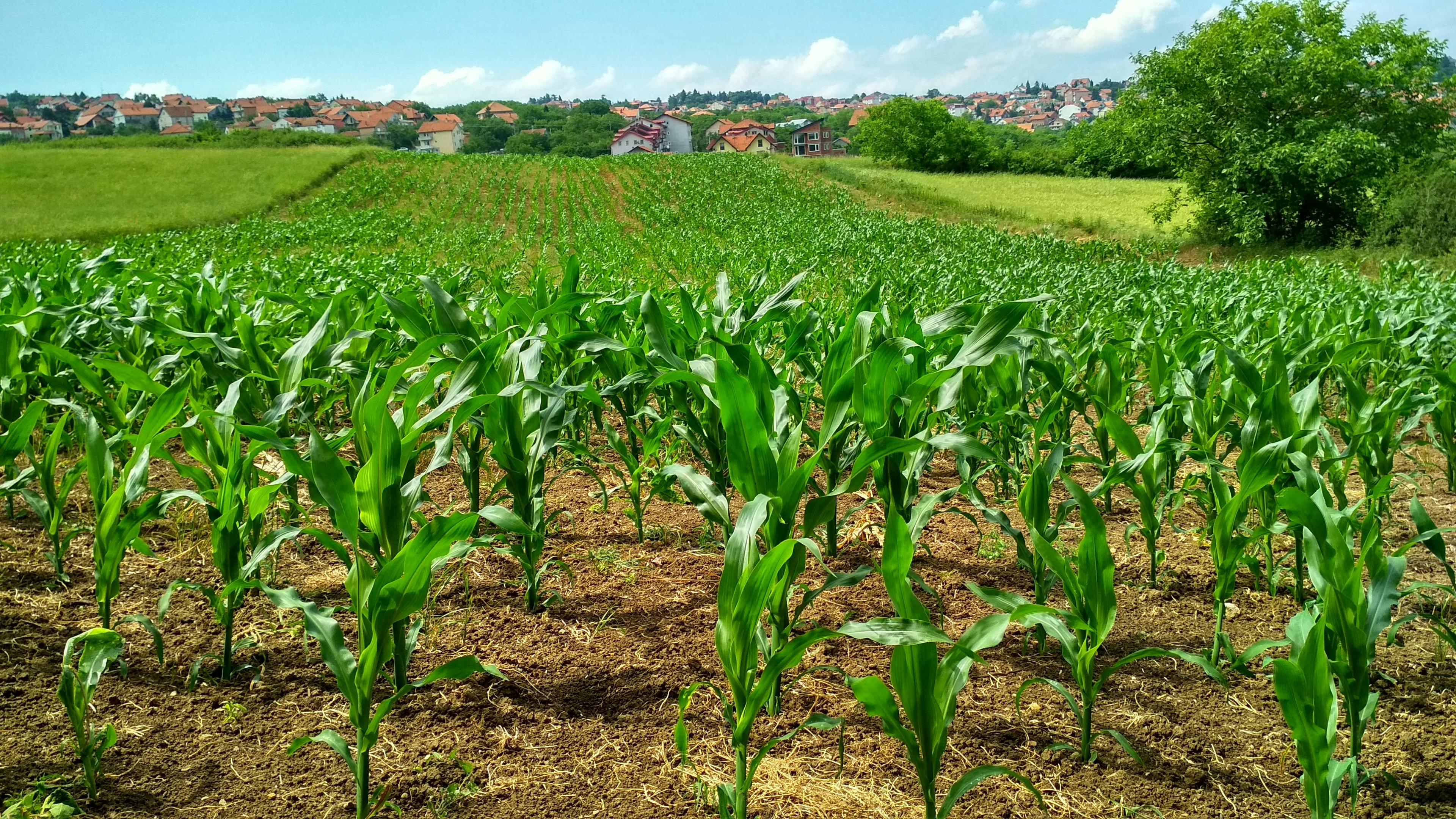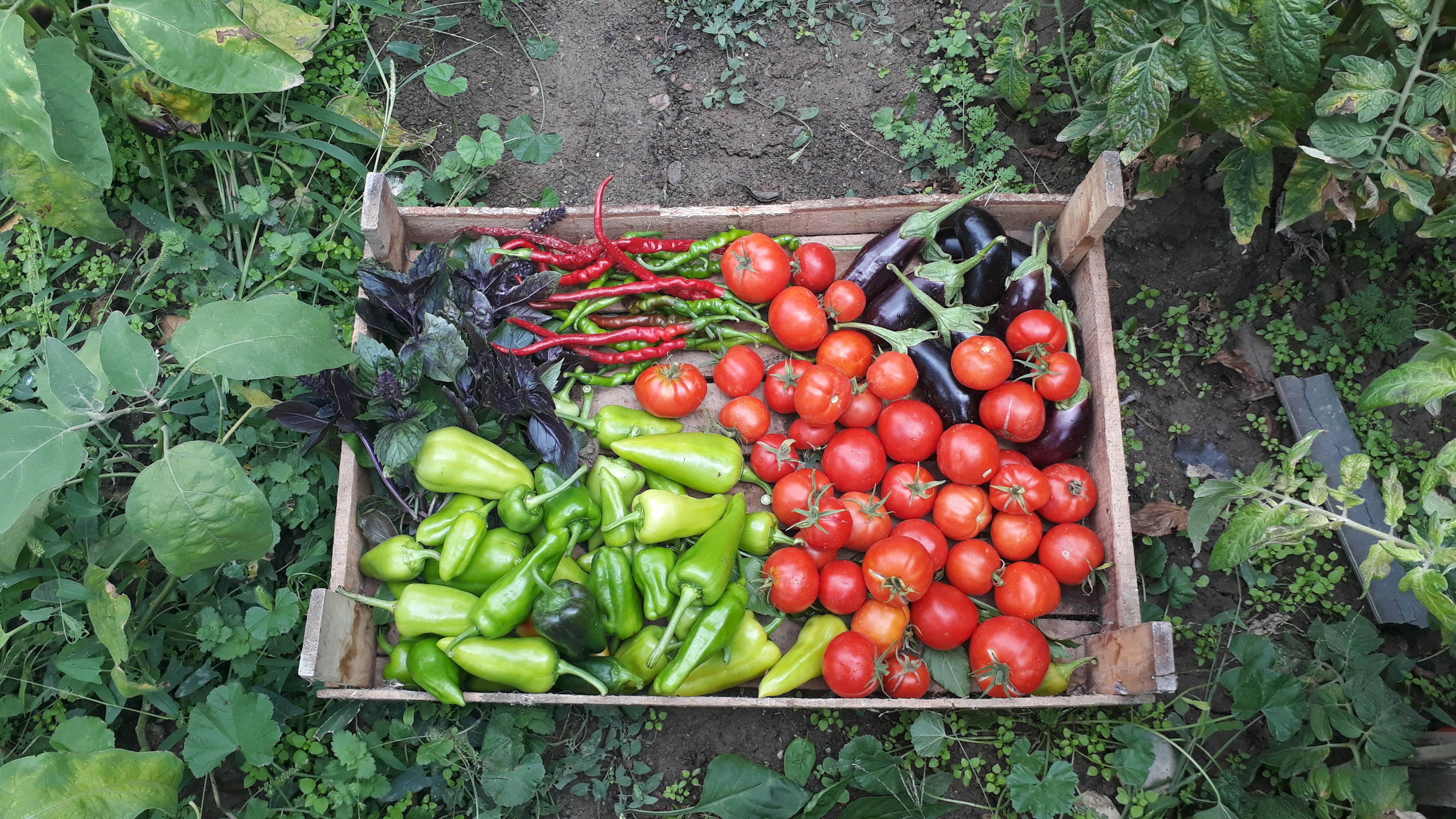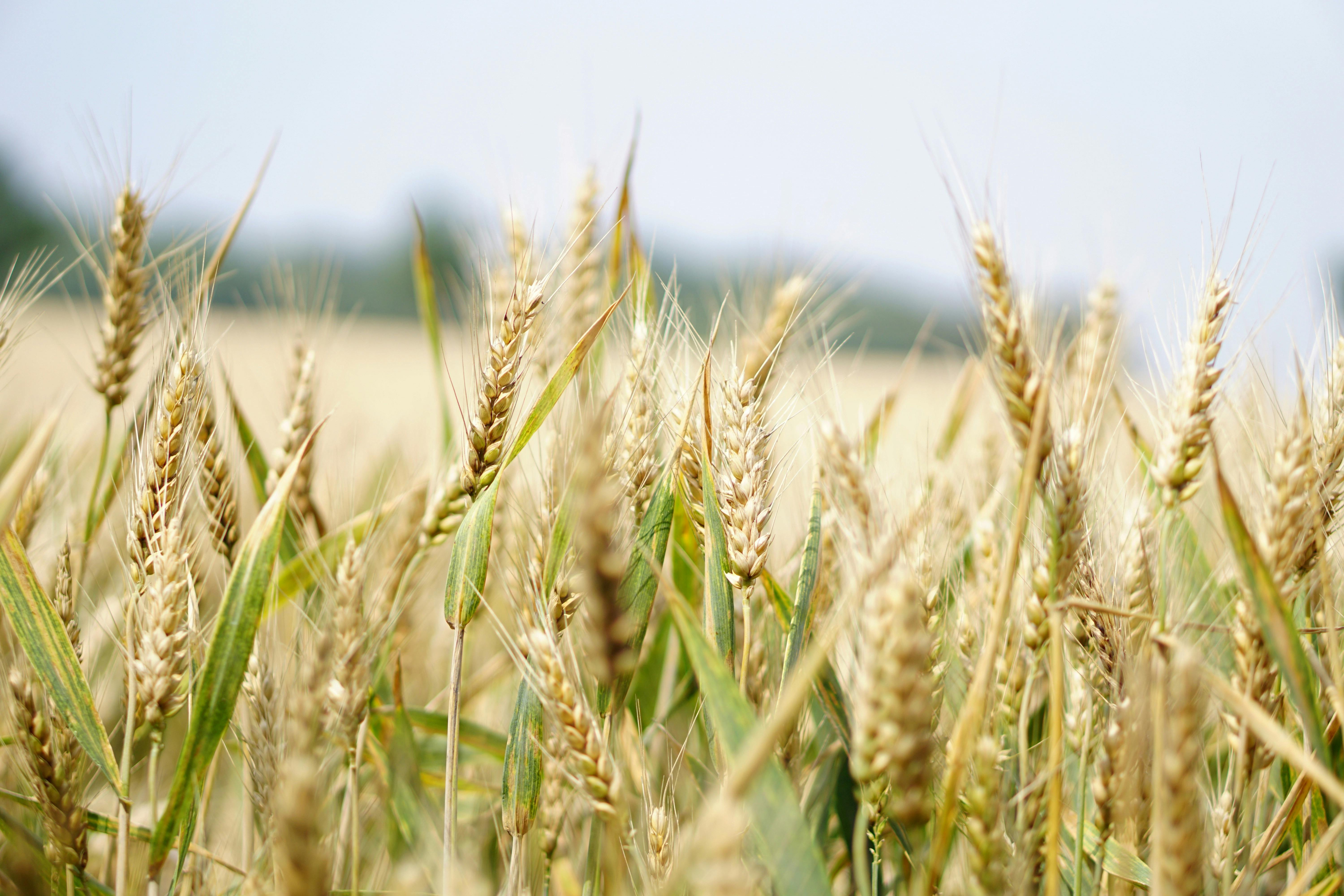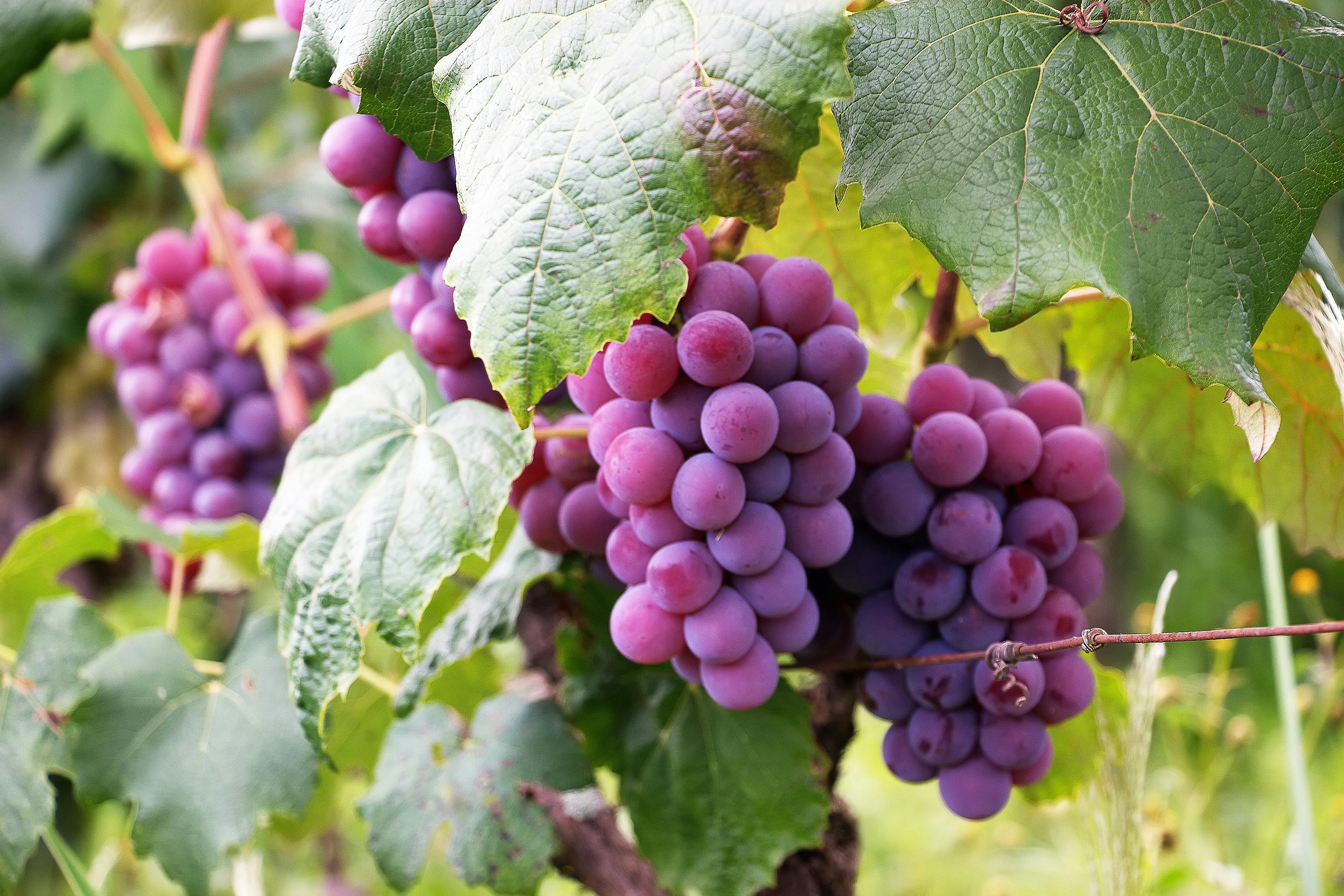
Two Wings
What is Agriculture? Rethinking Food Systems for a Just and Resilient Tomorrow
What is agriculture? At its core, agriculture is about more than just growing food—it's about connecting people, the planet, and economies. When we ask what is agriculture, we’re really asking how the food we eat affects everything around us. The answer lies in a deeper understanding of its role in our interconnected world. A food system grounded in the oneness of humanity is key to shaping a future where agriculture serves not just a few, but everyone.
Let’s explore the powerful connections that link farmers, consumers, food distributors, and the environment—and how we can create a food system that is both sustainable and just.
What is Agriculture? Beyond the Fields and Farms
When you ask, “what is agriculture?”, you may think of crops and livestock, but it’s much more than that. Agriculture is a vast, interconnected system that impacts our global economy, the environment, and every human being on Earth. It’s about how food is grown, how it reaches us, and how the whole system affects the planet.
In a global context agriculture is a network of relationships that ties together farmers, consumers, environmental sustainability, and economic policies. A food system grounded in the oneness of humanity recognizes that the needs of all groups—whether farmers, consumers, or food distributors—are intertwined. When we think about what is agriculture, we must think of the shared responsibility we have to make it more sustainable and inclusive.
Transcending Conflicting Interests: A New Vision for Agriculture
For too long, agricultural systems have been shaped by conflicting interests—economic growth versus environmental sustainability. But what if agriculture could be something else entirely? A system that transcends these conflicting priorities and embraces the oneness of humanity—where the needs of one group are connected to the needs of another.
What is agriculture if not a tool for bringing people together? By acknowledging the interconnectedness of all groups involved in food production, we can build a system that benefits everyone. The old model, where competition and relentless growth were seen as the only way to succeed, no longer serves us. It's time to explore alternative economic models that prioritize environmental sustainability and equity for all, not just a select few.

Key Shifts to our consideration of “what is agriculture”:
Human Interconnectedness:
The oneness of humanity teaches us that solutions to food insecurity and environmental degradation must serve the collective needs of all people.
Rethinking Economic Models
What is agriculture if not a vital sector that shapes our future? Its path forward lies in alternative economic models that balance growth with sustainability, moving away from a competition-driven system.
Justice as a Guiding Principle: A Fairer Future for Agriculture
So, what is agriculture in a just and equitable world? It’s agriculture that is guided by justice—where every person, regardless of their position in the economic order, has access to the resources needed for a sustainable and secure food system. Justice must be at the core of any agricultural policy, ensuring that both the environment and people are treated fairly.
A food system built on justice as a guiding principle means that every country—whether it is part of the global elite or not—has the ability to thrive in food sovereignty and resilience. When agricultural policies prioritize justice, we can ensure that everyone, from farmers to consumers, has a seat at the table.
How Justice Can Reshape Agriculture:
- Equitable Distribution: Policies must ensure fair access to food, resources, and opportunities for all, especially marginalized communities.
- Empowering Farmers: Farmers must be at the heart of policy decisions, empowering them to adapt to changing conditions and thrive.

The Changing Landscape of Agriculture Jobs: A New Era for Farmers
When we ask what is agriculture, we must also think about the people behind it—farmers, workers, and innovators. Agriculture jobs are evolving. As the world transitions to more sustainable food systems, agriculture jobs are transforming too. We cannot consider agriculture without the labor force that drives it forward. From organic farming to high-tech agriculture, the skills and expertise needed in agriculture are growing rapidly.
The future of agriculture focuses on sustainability, creating green jobs that blend ecological knowledge with advanced technology. Tomorrow’s agricultural workers will combine these skills for innovative farming.
What is Next for Agriculture Jobs:
- Green Jobs
- Tech-Savvy Farmers
- A Fairer Future

Moving Toward a Just and Sustainable Future for Agriculture
Ultimately, what is agriculture if it doesn’t serve humanity as a whole? To create a sustainable food system, we must start with the understanding that the needs of all people—farmers, consumers, and the environment—are interconnected. It’s about moving beyond the old models of endless competition and growth and embracing a new vision: one where justice, sustainability, and the oneness of humanity guide us forward.
Key Takeaways for a Sustainable Food System in Future:
- Embrace Unity: The oneness of humanity teaches us that sustainable agriculture must serve everyone, not just a select few.
- Justice at the Core: Every policy and practice must be built on principles of fairness and equity.
- New Economic Models: Let’s rethink agriculture’s future by adopting economic systems that balance growth with sustainability, not just competition.
Reimagining What is Agriculture for a Better Tomorrow
In conclusion, what is agriculture? It’s not just about crops and livestock—it’s a complex, interconnected system that touches every aspect of life. To build a truly sustainable food system, we need to go beyond old assumptions and rethink how agriculture fits into a fairer, more just world. By focusing on the oneness of humanity, embracing alternative economic models, and ensuring justice in agricultural policies, we can create a future where agriculture works for everyone.

